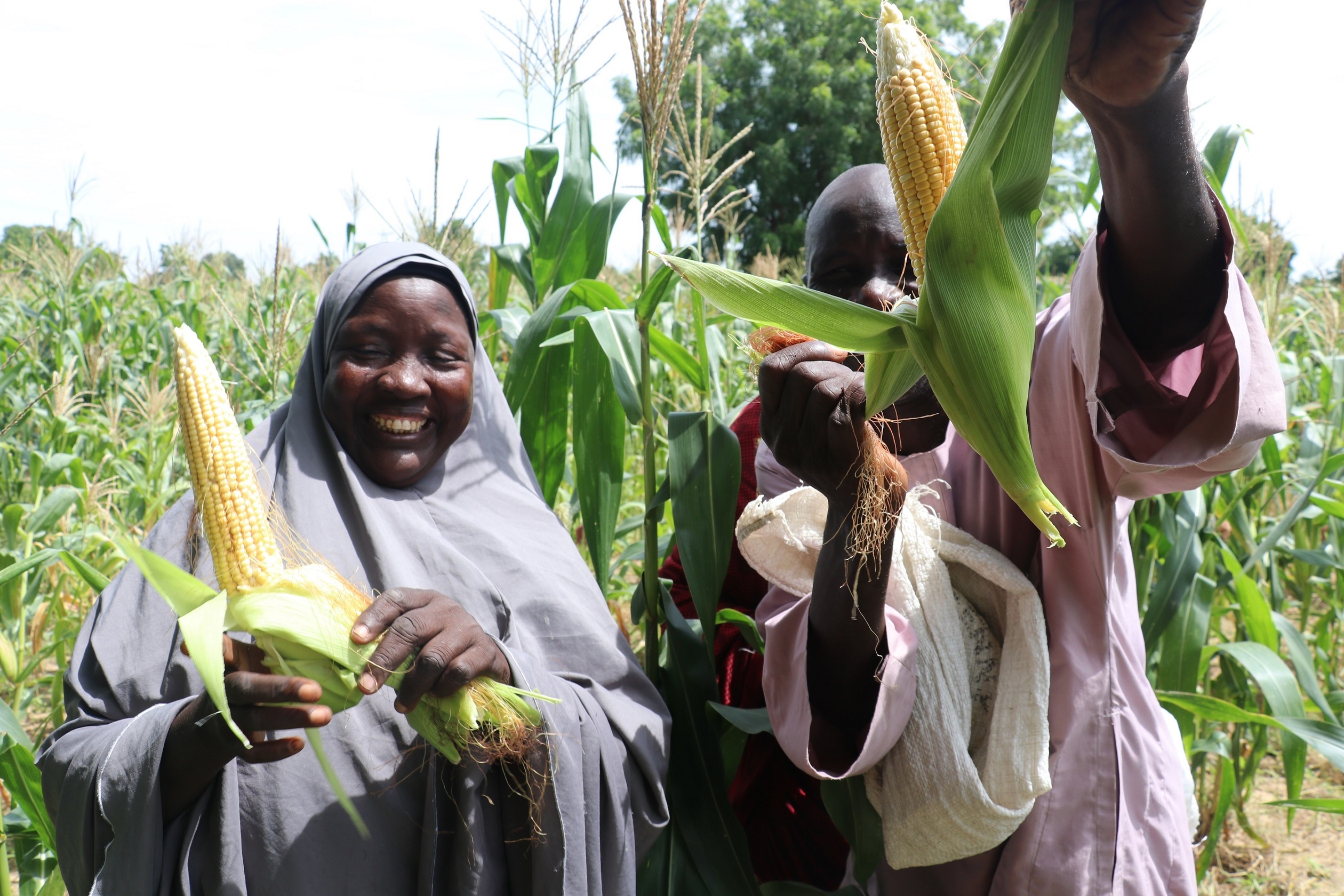Boko Haram: Japan donates US$2 million to WFP for victims in Northeast
The United Nations World Food Programme (WFP) has received a contribution of US$2 million (N719,000,000.00) from the Government of Japan that will provide life-changing support to people and communities affected by insecurity in Northeastern Nigeria. As part of WFP’s efforts to build stability across communities in northeast Nigeria, Japan’s contribution will support more than 48,000 […]

Harvest time for farmers in Molai.
The United Nations World Food Programme (WFP) has received a contribution of US$2 million (N719,000,000.00) from the Government of Japan that will provide life-changing support to people and communities affected by insecurity in Northeastern Nigeria.
As part of WFP’s efforts to build stability across communities in northeast Nigeria, Japan’s contribution will support more than 48,000 women and men to rebuild their livelihoods, according to a statement from Kelechi Onyemaobi, WFP’s National Communications Officer.
He said WFP will provide food purchased with these funds to people growing crops, raising livestock and rehabilitating assets that may have been damaged during conflict in the region.
“The government of Japan is committed to supporting Nigerian and international efforts to ensure that millions of people in need of food in northeast Nigeria do not go hungry,” he quoted Shigeru Umetsu, Chargé d’affaires ad interim of Japan to Nigeria as saying. “It’s expected that this funding will alleviate the suffering of people in the affected states.”
Japan’s support for livelihoods complements WFP’s lifesaving efforts in Nigeria where some 700,000 people are provided cash or food assistance every month, and over 250,000 women and children receive supplementary nutritional support.
“This funding from the Government of Japan is most welcome at this time,” Onyemaobi quoted Myrta Kaulard, WFP Representative in Nigeria as saying. “In partnership with Japan, WFP can maintain its focus on protecting people and making them self-reliant again because ultimately, we want to stop these people from becoming dependent on food assistance.”
